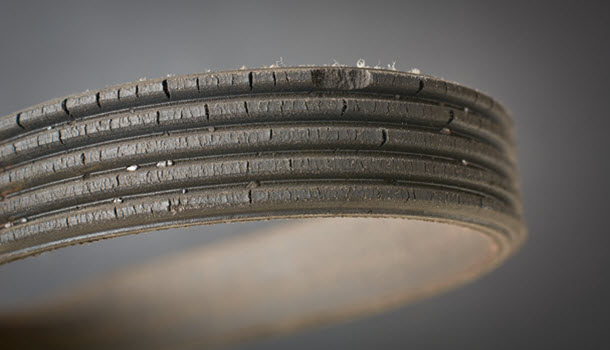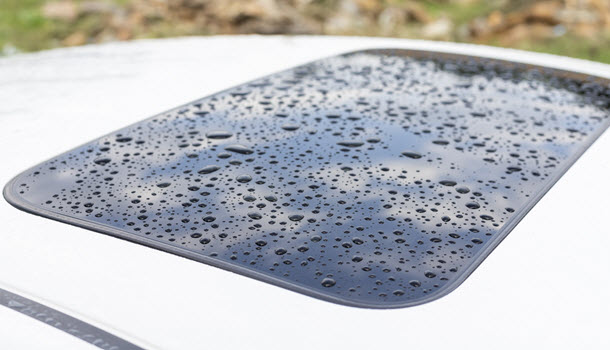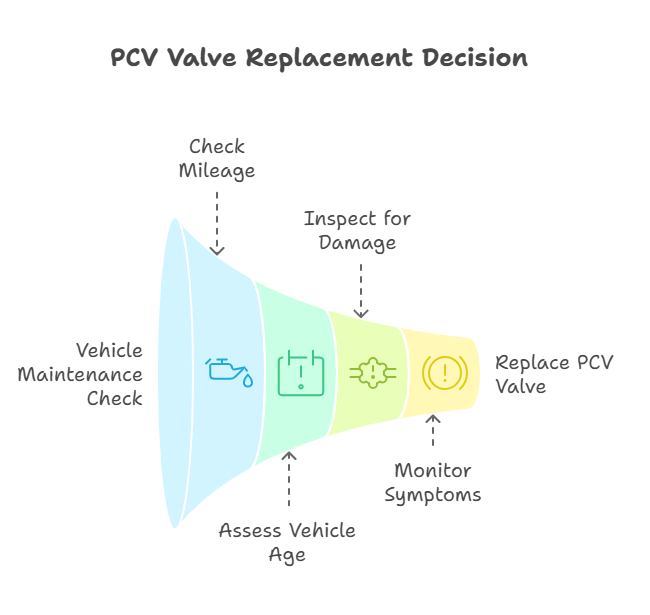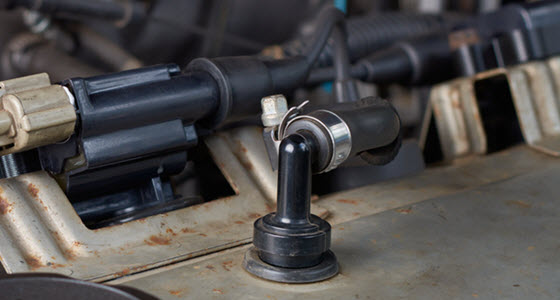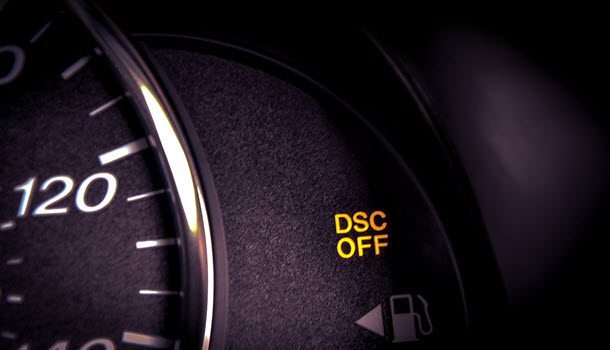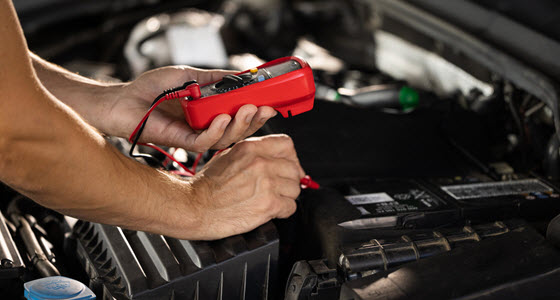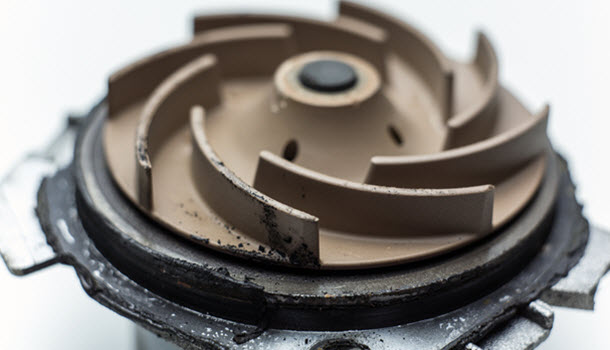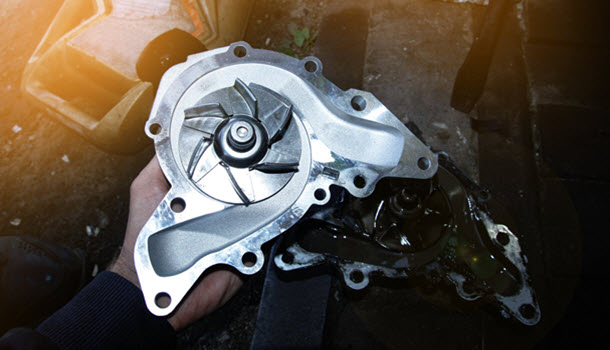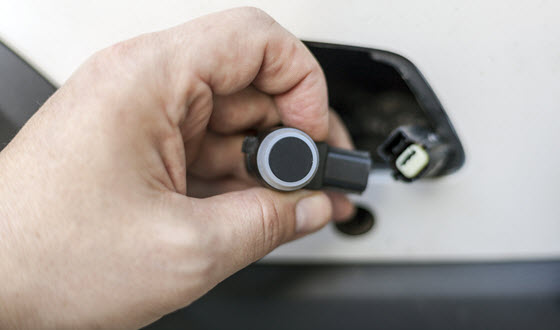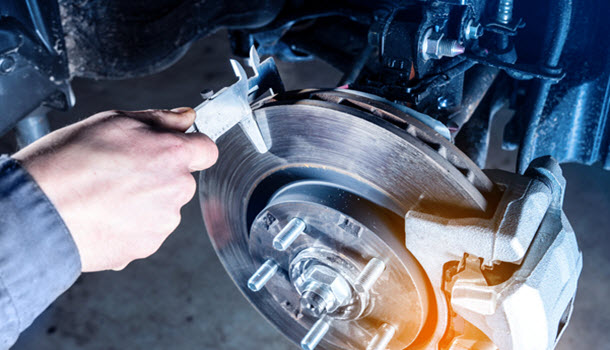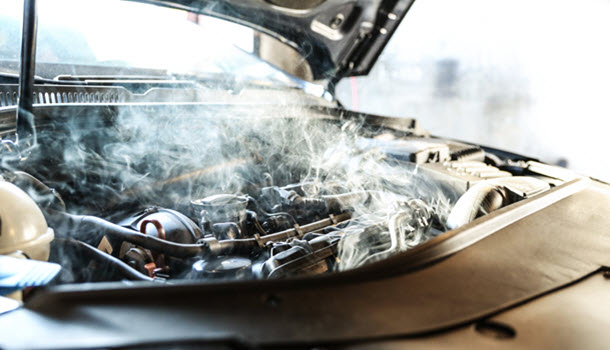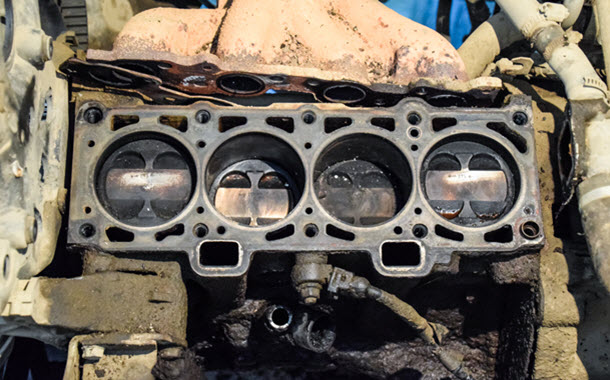How to Tell If Your Land Rover Needs a New Accessory Drive Belt
Posted on | 30 May 2025 By Anita Gaal
The accessory drive belt, or serpentine belt, is an important part of the Land Rover automobile engine. This rubber belt drives automobile accessories such as the alternator, power steering pump, and air conditioning compressor. If it begins to wear out, you may experience poor performance or even be stuck on the road when you least expect it. Early detection of accessory drive belt failure will help avoid expensive repairs and sudden breakdowns.
How You Can Spot a Failing Accessory Drive Belt
- Squealing or Chirping Noises: A very early sign that something is wrong with the engine is when it starts producing a high-pitched squealing or chirping sound. This is often a result of belt wear, incorrect tension, or contamination by oil or coolant.
- Cracks on the Belt: A simple visual check of the belt can help determine whether it has signs of wearing out. If there are signs such as cracks, frayed edges, or a shiny, glazed surface, it indicates that it is brittle and may break at any time. Land Rover accessory drive belts are made from rubber, and like all other rubber products, they wear out with time due to heat and other mechanical stresses.
- Steering Problems: Since the steering pump is an accessory driven through the belt, a bad belt will make turning the steering wheel If you have to turn the steering wheel harder than usual, especially when driving slowly, your belt may be slipping or about to fail.
- Battery Charging Indicator: The alternator supplies electrical power to the electrical unit of your Land Rover and charges the battery. If the drive belt is worn out or damaged, the alternator will not function as it should, and you could be left with a weak or non-charging battery. This usually causes the battery symbol to appear on your car’s dashboard.
- Engine Overheating: In some Land Rover models, the accessory belt drives the water pump. If the belt breaks, the water pump cannot circulate the coolant, resulting in engine overheating.
How to Troubleshoot a Failing Accessory Drive Belt
- Check the Condition: A simple inspection can tell you if the belt is worn out and needs replacement soon. Check the smoothness and ensure that the surface does not have any cracks, frayed edges, or glazing. If the belt appears to be in poor condition, it is advised that it be replaced before it becomes a problem.
- Check for Unusual Noises: Any squealing or chirping noises should not be overlooked. These sounds are likely to be caused by belt slippage or misalignment. Depending on the problem, a mechanic can either loosen or tighten the belt or replace it.
- Change the Belt Before It Breaks: If your Land Rover is anywhere between 60,000 to 100,000 miles and you haven’t replaced the belt yet, it is advisable to do so before the belt snaps. A belt can break at any time and leave you stranded in the middle of the road. Apart from that, a failed belt can also damage other parts of the engine.
- Inspect Tensioner and Pulleys: Before installing a new belt, you should check the tensioner and pulleys. If these parts are worn out or misaligned, they should be replaced so as not to cause additional problems with the belt.
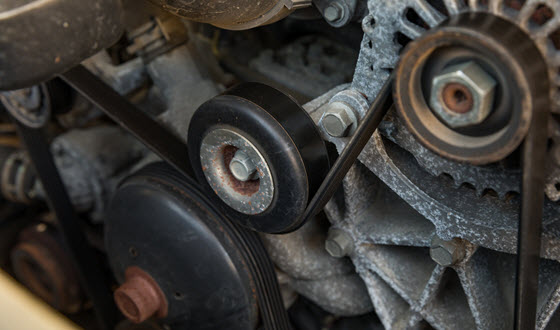
Let Euro Automotive Assist You In Repairing And Servicing Your Land Rover Drive Belt
Euro Automotive is a company that focuses on Land Rover maintenance and repair for car owners in Dallas, Arlington, Fort Worth, Garland, TX, and the neighboring regions. Our shop has been in business for over 20 years, which puts us in a position to effectively inspect, replace, or fix any faulty accessory drive belt. We also ensure that the spare parts we acquire for the replacement are original equipment manufacturers’ parts to avoid recurrent breakdowns. If you notice any of the signs that are associated with a faulty drive belt, do not wait for it to get worse or break down. Call us right now for an appointment, and we will help you maintain the great performance of your Land Rover.





